I belong to four book clubs. Am I overdoing it?
I’ve been part of our neighborhood book club the longest. For almost twenty years about ten of us have met five times a year. So, yes, we are nearing a hundred books. Once a year each of the five households picks a book, hosts the meeting, and leads the discussion. A fun dimension is that often book-themed food is served by the host.
For next month I have chosen Hamnet to discuss. Maggie O’Farrell was courageous to write a novel about the great playwright William Shakespeare and his wife Anne Hathaway. But she skillfully, imaginatively, and movingly carries it off.
Recently I started joining three other friends who meet monthly. This second group doesn’t meet in person. We gather on Zoom since we are spread around the country. The format hasn’t hindered our lively discussions at all. And we often keep the ideas (and banter) flowing between sessions with group emails.
The book for our next Zoom meeting is Jeff Crosby’s World of Wonders: A Spirituality of Reading. Though I’ve known Jeff for over twenty-five years, another member of the group was the first to suggest we read it. I was delighted to dig into the reflections of someone who has lived with and loved books his whole career as bookstore owner, book distributor, publisher, and now president of a Christian publishers’ trade association.
My third book club consists of a group of men from my church. Instead of talking about a whole book in one session, we meet every other week, usually discussing a chapter at a time. Right now we are in the middle of Francis Collins’s latest volume The Road to Wisdom. The subtitle is On Truth, Science, Faith, and Trust. But Collins also considers another key dimension: Humility. He freely shares where he made mistakes and how he learned from those who disagreed with him. That also is wisdom.
The fourth book club started a few years ago when my oldest grandson, then in high school, called to say he wanted me to be part of his book club. “Who will be in it?” I asked.
“You and me,” he said. He wanted to read Camus and Dante and Kierkegaard . . . and so we did!
We paused as he began college, but he called a month ago to say he wanted to start up again and dig into whatever has been on my to-read list. Richard Reeves’s Of Boys and Men has been on my mind for several months.
I’ve been hearing that while much good has happened for women in the last fifty years, the trends for males have not been good. Reeves says we don’t have to choose between helping men and helping women. We can do both. I’m a few chapters in and he is making a thought-provoking case. Since my grandson is in the center of the demographic Reeves focuses on, I’ll be interested to hear what has to say.
Overdoing it with book clubs? I don’t think so. I’d say it’s just right.

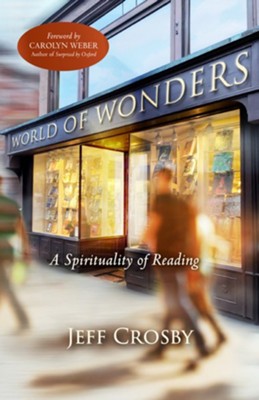
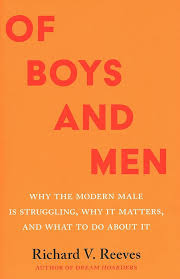
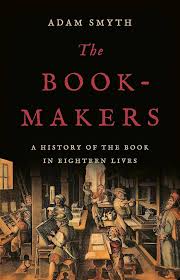

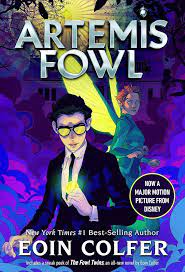 My grandson was reading
My grandson was reading 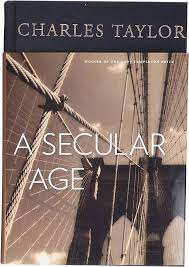 Finally, I pay attention to books that are referenced in more than one book I’ve read. The one that has risen to the top in recent years is A Secular Age by Charles Taylor. The book came out in 2007, and I have read a half dozen different books which make major use of Taylor’s framework and ideas. I confess that I have delayed diving into it because it is almost 900 pages and probably not the easiest read. But I think the time has come.
Finally, I pay attention to books that are referenced in more than one book I’ve read. The one that has risen to the top in recent years is A Secular Age by Charles Taylor. The book came out in 2007, and I have read a half dozen different books which make major use of Taylor’s framework and ideas. I confess that I have delayed diving into it because it is almost 900 pages and probably not the easiest read. But I think the time has come.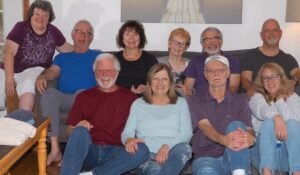 We rotate hosting our get-togethers, with the hosts selecting the book and leading the discussion. Without trying, our books (and occasional movies) have been split almost evenly between fiction and non-fiction. We’ve enjoyed history, science fiction, mystery, memoir, classics, and current best-sellers.
We rotate hosting our get-togethers, with the hosts selecting the book and leading the discussion. Without trying, our books (and occasional movies) have been split almost evenly between fiction and non-fiction. We’ve enjoyed history, science fiction, mystery, memoir, classics, and current best-sellers.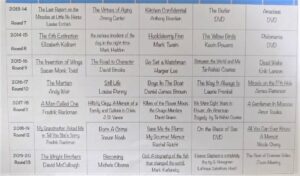 I prefer our system of making selections over voting as a group which can result in choosing everyone’s second or third choice. That could also keep the range much more narrow and perhaps less challenging to our own tastes or viewpoints. I enjoy being stretched by the personal selections of my friends.
I prefer our system of making selections over voting as a group which can result in choosing everyone’s second or third choice. That could also keep the range much more narrow and perhaps less challenging to our own tastes or viewpoints. I enjoy being stretched by the personal selections of my friends.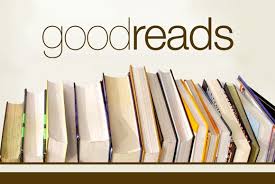
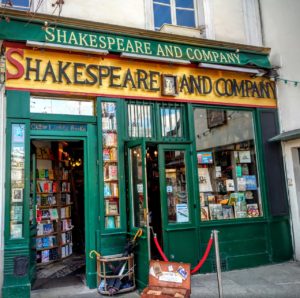 Since I tend to like history, science fiction, biblical studies, and literary fiction, I try to get people on my friends list who do too. At the same time, I don’t want my list of friends to be too narrow. I want to be stretched to read in areas I might not ordinarily think of. Sometimes I just want beach reading. So I have friends who read a lot of those. Sometimes I want to read something from a different political or theological perspective. I have friends who point me to those as well.
Since I tend to like history, science fiction, biblical studies, and literary fiction, I try to get people on my friends list who do too. At the same time, I don’t want my list of friends to be too narrow. I want to be stretched to read in areas I might not ordinarily think of. Sometimes I just want beach reading. So I have friends who read a lot of those. Sometimes I want to read something from a different political or theological perspective. I have friends who point me to those as well.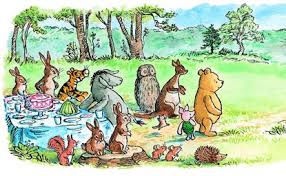 Whether due to lack of discipline, lack of focus, or lack of confidence, I only managed to struggle through one chapter. I still remember the look on my teacher’s face and the question when I finished my much truncated report: “Is that all?” Yes, I had to admit, head hung low, that was all.
Whether due to lack of discipline, lack of focus, or lack of confidence, I only managed to struggle through one chapter. I still remember the look on my teacher’s face and the question when I finished my much truncated report: “Is that all?” Yes, I had to admit, head hung low, that was all.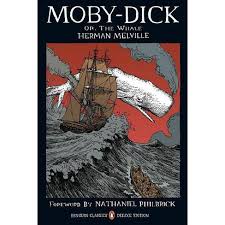 Yet one year later, in the summer before high school. I thought it would be a good goal to read
Yet one year later, in the summer before high school. I thought it would be a good goal to read 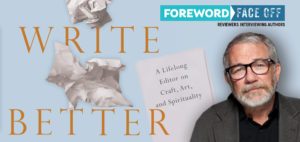

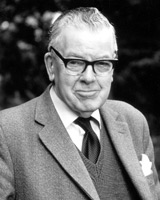
 Rather than merely presenting each person in isolation, Evans shows how each one built on and often reacted against those who came before. Key turning points and emphases are highlighted as well. Socrates shifted the conversation from “What is real?” to “What is the good?” Descartes inaugurates modern philosophy by seeking to start from ground zero and focus on “How can I know?” And “modern philosophy may begin with doubt, but ancient philosophy clearly began with wonder” (p. 577).
Rather than merely presenting each person in isolation, Evans shows how each one built on and often reacted against those who came before. Key turning points and emphases are highlighted as well. Socrates shifted the conversation from “What is real?” to “What is the good?” Descartes inaugurates modern philosophy by seeking to start from ground zero and focus on “How can I know?” And “modern philosophy may begin with doubt, but ancient philosophy clearly began with wonder” (p. 577).